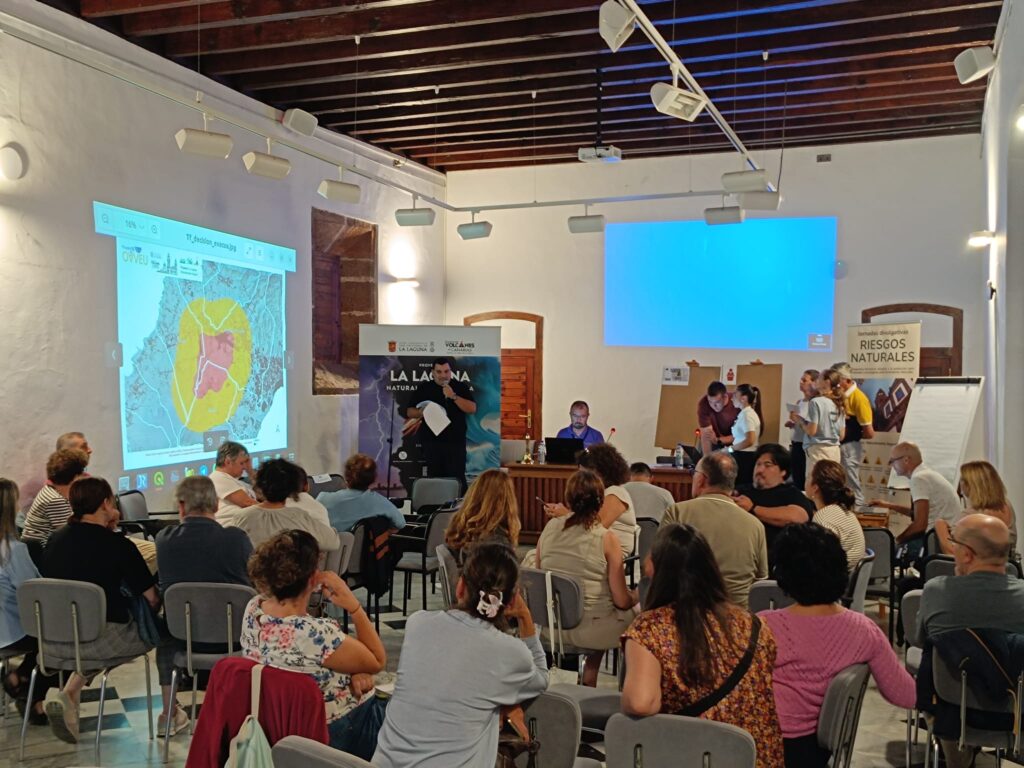Yesterday, the plenary session of Granadilla de Abona City Council unanimously approved, in its initial phase, the first local regulation governing holiday rentals in residential properties. According to the figures provided by the council, there are 1,918 properties allocated to this purpose, accounting for 9% of the total homes within the municipality.
The regulations, which will enter a public consultation period lasting 30 days, “form part of the suite of measures and the strategy that the local government is implementing to decisively address the housing situation, which is the primary issue facing the municipality and the Canary Islands,” stated Mayor Jennifer Miranda.
The mayor emphasised the “significance” of the decision made, expressing gratitude to the entire council for their supportive vote. Furthermore, she highlighted that Granadilla is at the forefront of regulatory proposals through a provisional ordinance. “We are paving the way for numerous local administrations,” she noted. Miranda asserted that this regulation will allow for an increase in the quantity of houses available in the market and will regulate, rather than prohibit, the uses of new homes operated under this regime once the ordinance is enforced.
In addition, the first deputy mayor and Councillor for Urban Planning, Óscar Delgado, remarked that “we present this text with the clear and sole intention of organising, regulating, and ensuring the balance of an activity which we acknowledge has both merits and challenges.”
He added that the urgent and extraordinary nature of this initiative arises from the necessity to establish a regime that dictates the intensity of usage on plots designated for residential purposes while fostering harmonious coexistence among all stakeholders.
Properties constructed in accordance with urban regulations and planning decisions regarding land use and construction, which possess the necessary licenses and authorisations required at the time of building, may engage in holiday activities.
Conversely, homes that are outside the planning regulations, are part of certain public protection or promotion schemes, or those that, despite meeting the aforementioned criteria, are located in designated stressed areas will not be permitted to operate under this scheme.















